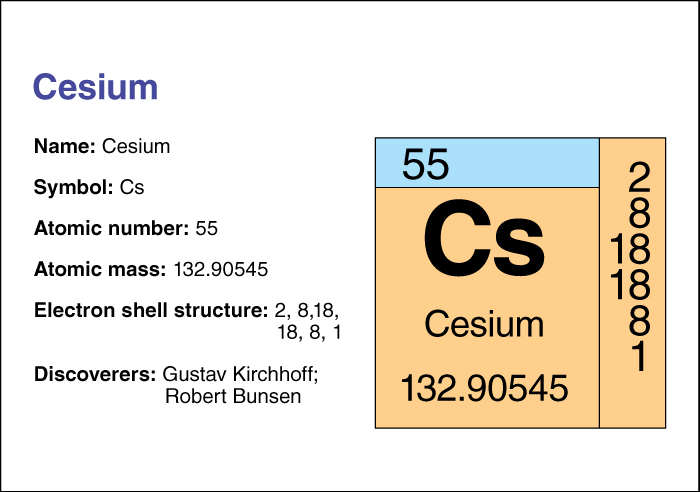Kirchhoff, << KIHRK hawf, >> Gustav Robert (1824-1887), a German physicist, made important discoveries about elements, electricity, and radiation. His most famous work laid the foundation for spectroscopy, the study of light broken up into its individual colors. From 1859 to 1862, Kirchhoff and German chemist Robert Bunsen found that light emitted from an element produces a specific spectrum (pattern of colors) when passed through a prism. Using this technique, Kirchhoff and Bunsen analyzed the spectra of all the known elements. The technique also enabled them to discover two new elements, cesium and rubidium.

In addition to his work on spectra, Kirchhoff devised laws of electricity and radiation, now called Kirchhoff’s laws. The laws of electricity provide formulas describing the flow of electrical current. The law of radiation states that a substance’s capacity to emit light equals its ability to absorb light at the same temperature.
Kirchhoff was born on March 12, 1824, in Königsberg, Prussia (now Kaliningrad, Russia). In 1847, he graduated from the University of Königsberg. Kirchhoff taught at the University of Heidelberg from 1854 to 1875. He died on Oct. 17, 1887.
See also Bunsen, Robert Wilhelm ; Spectrometer .
